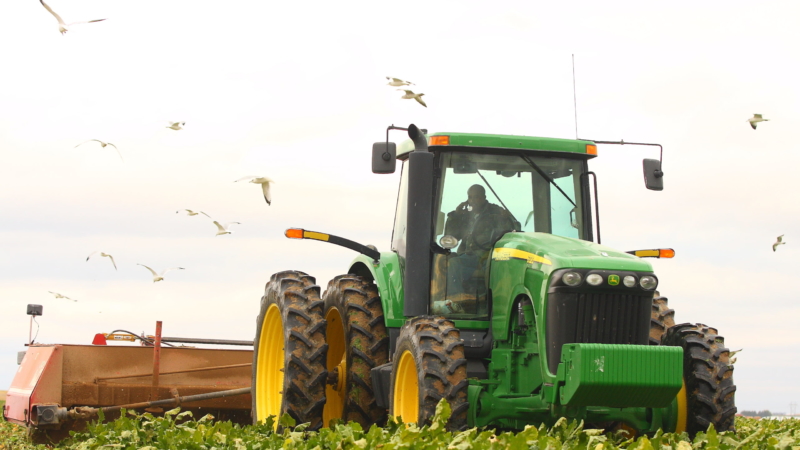New Report Finds No Evidence that U.S. Sugar Program Harms Profitability of Sugar-Using Companies
A collaborative analysis conducted by four agricultural economics professors at the University of Tennessee and Oklahoma State University has found that U.S. sugar prices do not impede the financial performance of sugar-using firms.
The analysis thoroughly examined, and rejected, the claim from sugar-using firms “that as the U.S. price of sugar increases relative to the world sugar price, this negatively impacts their profits.” As the authors note, their findings “suggest that U.S. sugar-using firms pass on higher costs to consumers when relative prices increase or do not pass on discounts to consumers when relative sugar prices decrease.”
This was on full display in the aftermath of the dumping of subsidized Mexican sugar on the U.S. market in 2013. Sugar prices plummeted, costing U.S. producers $4 billion and many sugar workers their jobs. Meanwhile, Americans paid higher prices at the grocery store for sweetened products and manufacturers pocketed the profits.
This report expands upon a well-known 2016 report published by Dr. Alexander Triantis, during his tenure as dean of the University of Maryland business school, and analyzes the financial performance of 26 publicly traded companies that use sugar primarily purchased in the United States. In his 2016 report, Dr. Triantis found that under current U.S. sugar policy, the nine largest publicly traded firms producing sugar-containing products had added jobs, increased production, and far outpaced the rest of the food processing industry in profit returns.
The full report prepared by the University of Tennessee and Oklahoma State University agricultural economists can be found here. This is an independent and peer-reviewed report for which no industry funding was received and which was originally published by Agricultural and Food Economics.
Dr. Karen L. DeLong, one of the report’s authors and an Assistant Professor of Agricultural and Resource Economics at the University of Tennessee, said that the analysis yielded conclusive results.
“The U.S. sugar program buffers domestic sugar producers against heavily subsidized foreign sugar, but sugar-using firms claim that this program maintains artificially high domestic prices and therefore decreases profits. The data show that when all other conditions remain the same, there is no evidence to support these claims,” DeLong said.
In fact, the analysis found the unexpected result that “as U.S. prices increase relative to world prices, sugar-using firms are more profitable.”
“America’s sugar farmers and workers are proud to provide our customers with more than 60 different types of affordable and sustainably produced American sugar,” said Jack Pettus, chairman of the American Sugar Alliance. “This analysis confirms what our industry has long known: the price stability provided by America’s no-cost sugar policy has no negative effect on the bottom line of sugar-using companies.”
Pettus continued, “The pandemic has highlighted the importance of essential products like sugar to be produced in the U.S. and delivered through reliable supply chains. America’s sugar farmers and workers need a strong no-cost sugar policy to give us a fighting chance against excess foreign imports that threaten our ability to produce sugar domestically.”



